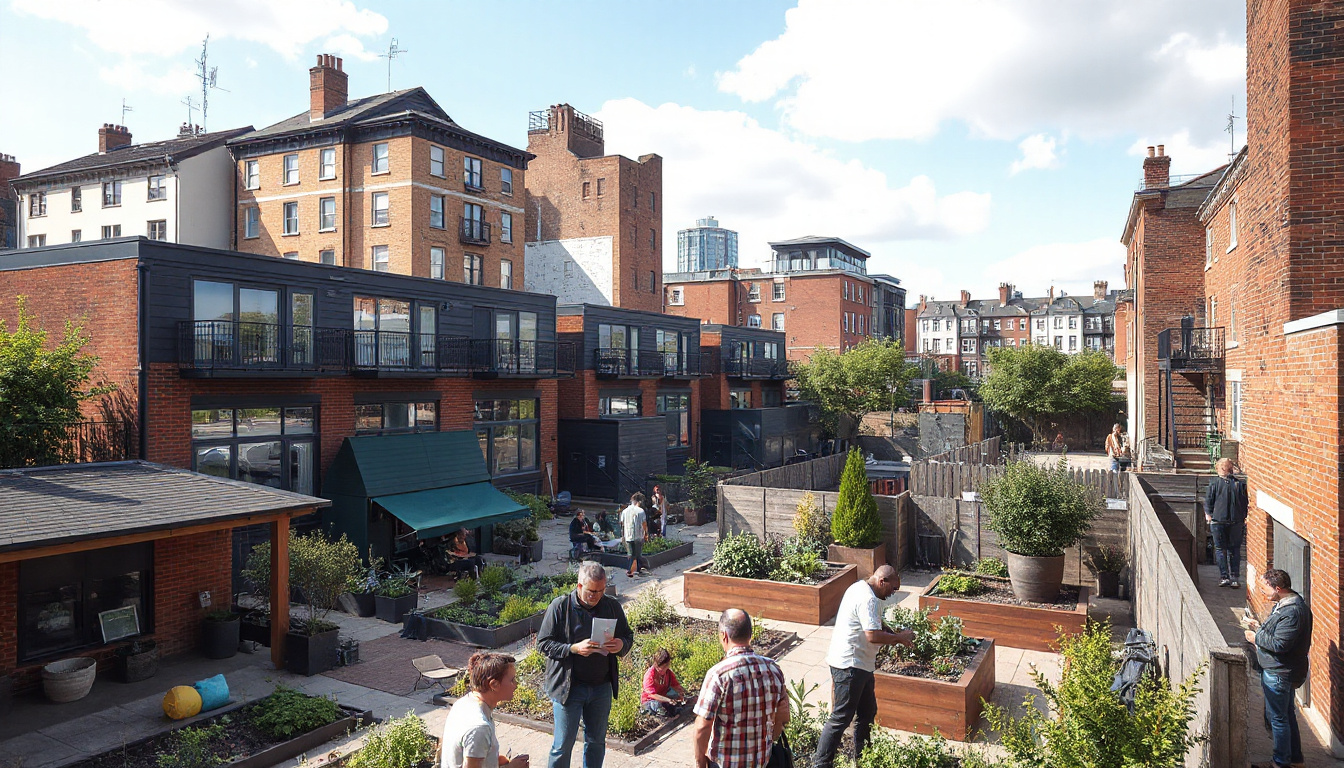The Rise of Houses in Multiple Occupation: A Double-Edged Sword for Communities
Introduction
Local areas have seen more Houses in Multiple Occupation (HMOs) across the region, especially in Greater Manchester. Local people, business owners, and policy makers talk about HMOs and how they change community life and housing stock. Cities face rising rents. Many people choose HMOs because they pay less. Still, some worry about the social effects on their neighbourhoods.
Understanding the Appeal of HMOs
HMOs work as a lower-cost place to live. Young workers and people with lower incomes find that HMOs keep rent low. Many tenants like sharing spaces that have bills and utilities included. This plan makes paying each month easier.
Landlords see HMOs as a sound choice. With high demand for shared rooms, there are few empty properties. Landlords earn steady money. In turn, more family homes become HMOs. Many residents now see this change.
The Impact on Local Communities
HMOs bring some benefits for paying less. Still, local groups point out changes in neighbourhood shape. Families and older people worry as more HMOs change traditional streets. One area went from three to over four hundred HMOs in just a few years.
Some locals feel they are losing a sense of home. Many even think about selling their houses. People who do not like the HMO change talk about broken links between neighbours, pressure on local help, and lost bonds in the community.
Calls for Regulation
Local councils now plan steps to control HMOs. Recent talks show a steep rise in HMOs in some parts of the city. Councils want to return planning rules for small HMOs, which stopped in 2010. These rules aim to let local leaders hold more sway in HMO growth. They hope to keep strong community ties.
There is a view that while HMOs help with low-cost living, they should not harm the community life. Councils now study rules that mix housing types. Their goal is to save family homes while meeting the needs of a range of residents.
Community Responses
Local groups have risen to speak up about more HMOs. These campaigns say that housing rules must allow all types of living to fit well in one space. Groups ask that the needs of people who have lived locally for long are not lost. They say that safe growth must lead the way in local housing plans. Keeping a close check on HMO change helps guard community health and affordable living.
Conclusion
Managing Houses in Multiple Occupation in Greater Manchester shows both a need for lower rent and the loss of community feel. Local voices share worry about HMO effects. Local leaders now seek rules that work for everyone. Balancing more houses with the preservation of neighbourhood feel is a hard task. In coming times, local rule makers must find ways to care for all in this changing housing field.
In short, rising HMOs give more low-cost living and ask tough questions on how to keep community bonds and a proper mix of homes.



